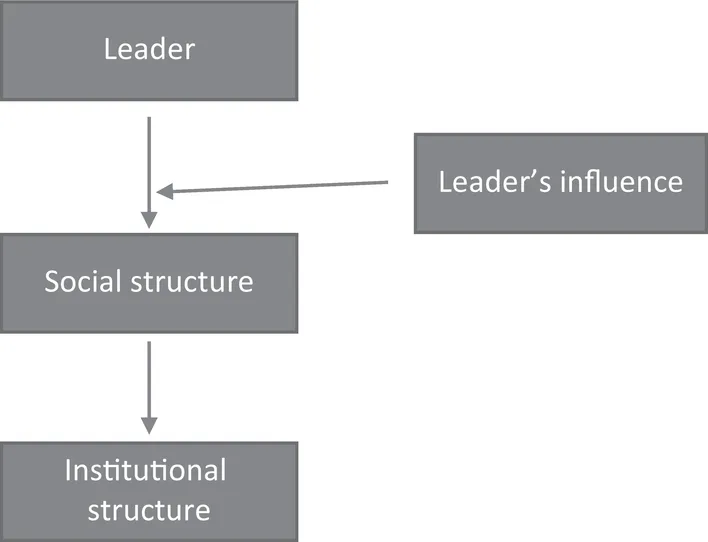
School Leadership for Democratic Education in South Africa
Perspectives, Achievements and Future Challenges Post-Apartheid
Tsediso Michael Makoelle, Thabo Makhalemele., Pierre du Plessis, Tsediso Michael Makoelle, Thabo Makhalemele., Pierre du Plessis
- 272 pagine
- English
- ePUB (disponibile sull'app)
- Disponibile su iOS e Android
School Leadership for Democratic Education in South Africa
Perspectives, Achievements and Future Challenges Post-Apartheid
Tsediso Michael Makoelle, Thabo Makhalemele., Pierre du Plessis, Tsediso Michael Makoelle, Thabo Makhalemele., Pierre du Plessis
Informazioni sul libro
School Leadership for Democratic Education in South Africa explores the democratization and modernization of education in South Africa, analyzing the state of school leadership in South African schools from the time of the new democratic education dispensation in 1994 to the present day.
The book maps out what the future of education in South Africa could look like and explores the most conducive educational environments for change in South African schools. It adopts a critical approach to analyzing leadership and management in the context of school governance, school effectiveness, teacher development, multiculturalism and equity in education. Contributions explore the democratization and modernization of education in South Africa through examining different perspectives, achievements and challenges, and also consider issues around access to technology, language policy and the curriculum along with new literature on selected aspects of leadership.
This book will be of great interest for researchers, scholars, and students in the fields of educational leadership, sociology of education, and teacher education.
Domande frequenti
Informazioni
1 Conceptualizing leadership and school leadership in a democratic South Africa
An evolving leadership perspective
Introduction
Conceptualizing leadership and school leadership

The notion of school leadership
Successful...
Indice dei contenuti
- Cover
- Half Title
- Series Page
- Title Page
- Copyright Page
- Table of Contents
- List of figures and tables
- About the editors
- List of contributors
- Preface
- Introduction
- Chapter 1: Conceptualizing leadership and school leadership in a democratic South Africa: An evolving leadership perspective
- Chapter 2: School leadership and governance in South Africa: A literature review
- Chapter 3: School effectiveness and improvement in the South African school context
- Chapter 4: School leadership and teacher appraisal, performance, and professional development in South African schools
- Chapter 5: School leadership within a unionized school environment: A structural-Marxist analysis perspective
- Chapter 6: School leadership and teacher leadership: The role of distributed leadership toward teacher leaders
- Chapter 7: Managing and leading multiculturalism and multilingualism in an inclusive school environment
- Chapter 8: School leadership and curriculum management for quality teaching and learning by school management teams
- Chapter 9: Managing inclusive schools in South African schools: A transformational leadership perspective
- Chapter 10: Leading schools as centers of technological practice
- Chapter 11: Legal framework for the status of school leaders in South Africa
- Chapter 12: School leadership and learner discipline
- Chapter 13: School leadership and financial management
- Chapter 14: School leadership and gender
- Conclusion
- Index